How Not To Mess Them Up
There are two types of wounding:
- Intrusive – being overly controlling
When parents are intrusive, they don’t allow their children to differentiate from them as separate individuals. Children experience this as being smothered and controlled. They impose their will, tastes, hopes, dreams, feelings and emotions onto their child without respecting a safe distance between them, and allowing their children their own “selves”.Examples of being overly intrusive might be:
Coddling a toddler and hovering, not allowing them to explore and constantly yelling “be careful!”
Stopping a 3 year old from dressing up in their tutu.
Stepping in to stop a 7 year old making a “mess” when he wants to make his own pancakes.
- Neglectful – being underly involved
When parents are underly involved children experience lack of support, interest and connection. They feel unseen and unheard, and ultimately un-valued. Parents who are neglectful may be detached, uninterested or feeling scared of intimacy and closeness with their child.Examples of neglectful parenting might be:Leaving a baby to cry alone rather than holding and comforting.Not watching a toddler and ensuring they’re safe when they explore.Not facilitating or supporting an eight year old as they try to master multiplication and division.
Now let’s look at the 6 Key Stage of Development.
I encourage you to reflect back on your own childhood, and on how your parents may have handled each of these stages with you.
- Attachment (0 – 18 months):
At this stage, babies are developing their emotional security and feel fully enmeshed with their primary caregivers. They need to experience a continuum between parent and baby, where their needs are met consistently and in a timely fashion (albeit imperfectly). There is no such thing as spoiling a baby with too much love or holding. (Although there a LOT to be said for teaching a baby to sleep For a gentle and attuned approach to sleep I recommend Batya The Baby Coach.) - Exploration (18 months – 3 years):
At this stage, babies start to realize they are independent beings than their caregivers. The way they do this is by exploring the world… emptying cupboards, climbing, differentiation, intact curiosity, etc. - Identity (3-4 years):
During this stage children begin to form their sense of identity. The central way human children (and all mammalian young) learn is through play. Therefore children experiment with dressing up, trying on different characters and identities through their appearance, language (suddenly “bad words” might appear at this stage), and behavior. In order to develop into a secure sense of self, children need us to respect their exploration and contain it. - Competence (4-7 years):
As kids get a bit bigger, they come into their sense of personal power to achieve. This drive for mastery in any particular area characterizes this next stage, with the urge to do things in their own way, and to master skills like reading, writing, cooking, managing money, building Lego sets, etc. In order to emerge from this stage with no deep wounds, our kids need us to support their ownership. This involve allowing them to take educational risks without fear of being shamed or shut down, and having the adult guidance to embark safely on the projects they’re passionate about. - Concern (7-13 years):
During this stage, children begin to show more caring for others socially. Whilst they may have had good friends, and shown much empathy before this stage, this is the time they develop deep and meaningful friendships that often last. They need to learn to share feelings, become inclusive, and manage to express their needs and preferences. They need to balance their interest in joining with others and in taking time alone. - Intimacy (13-19 years):
During this stage, teenagers may develop their first love interest, and need to navigate the explosive new realm of their sexuality. During this time, they will begin to learn and experiment with romance and relationships and hopefully emerge from this stage with the ability to love and be loved, safely.
If our children have come through all six stages, the hope is that they are now adults who are responsible to their self and to society.
It’s my hope that in learning of each of these stages and holding the “intrusive – neglectful” pitfalls in mind we can be mindful of what our children need from us at each stage, so that they emerge from it whole and unwounded.

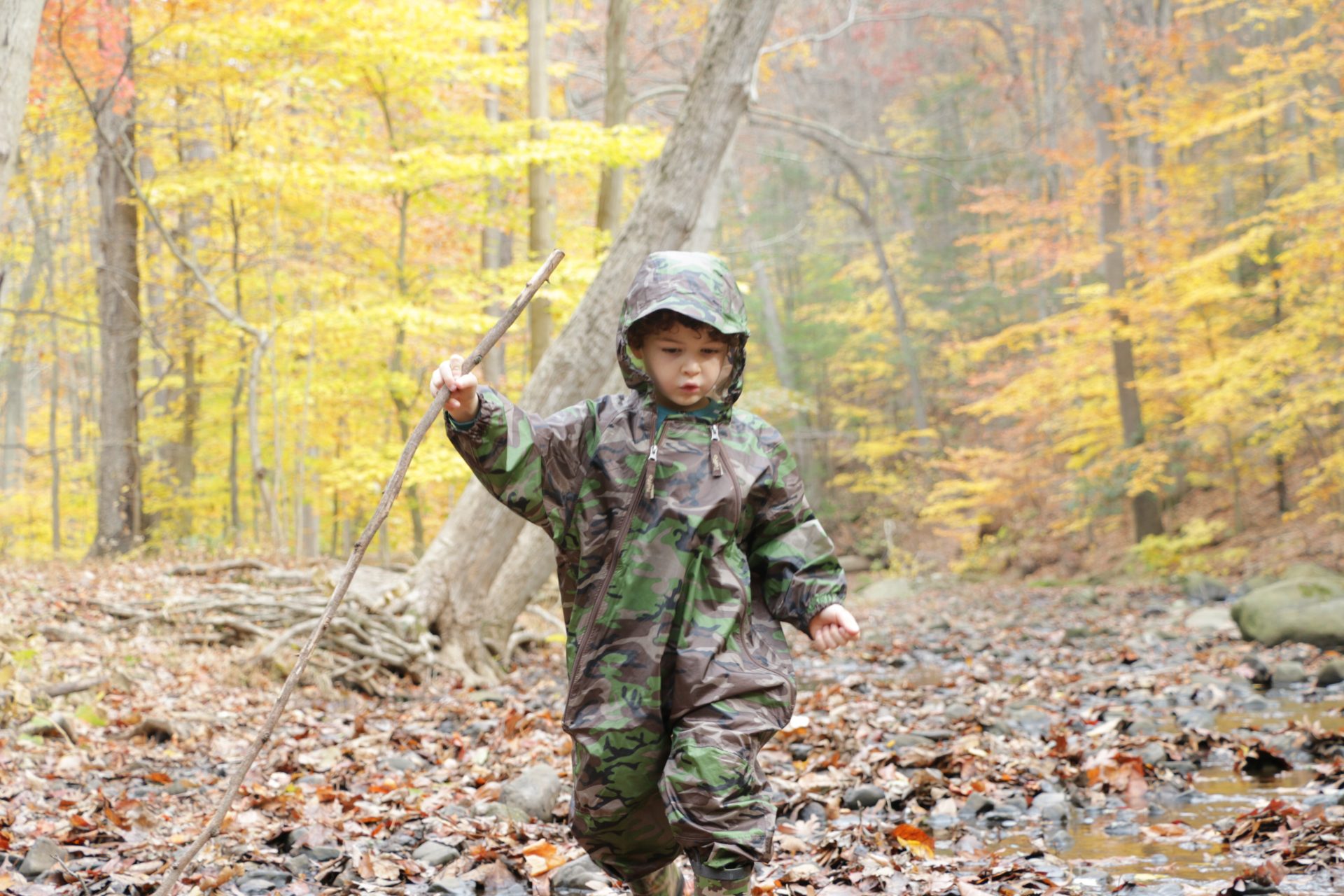


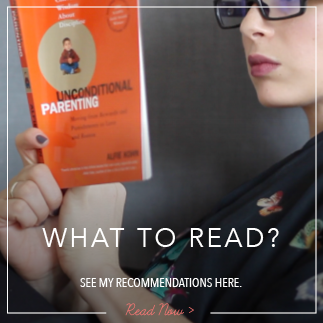
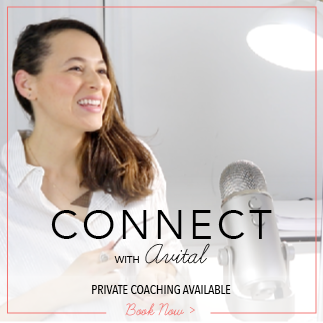

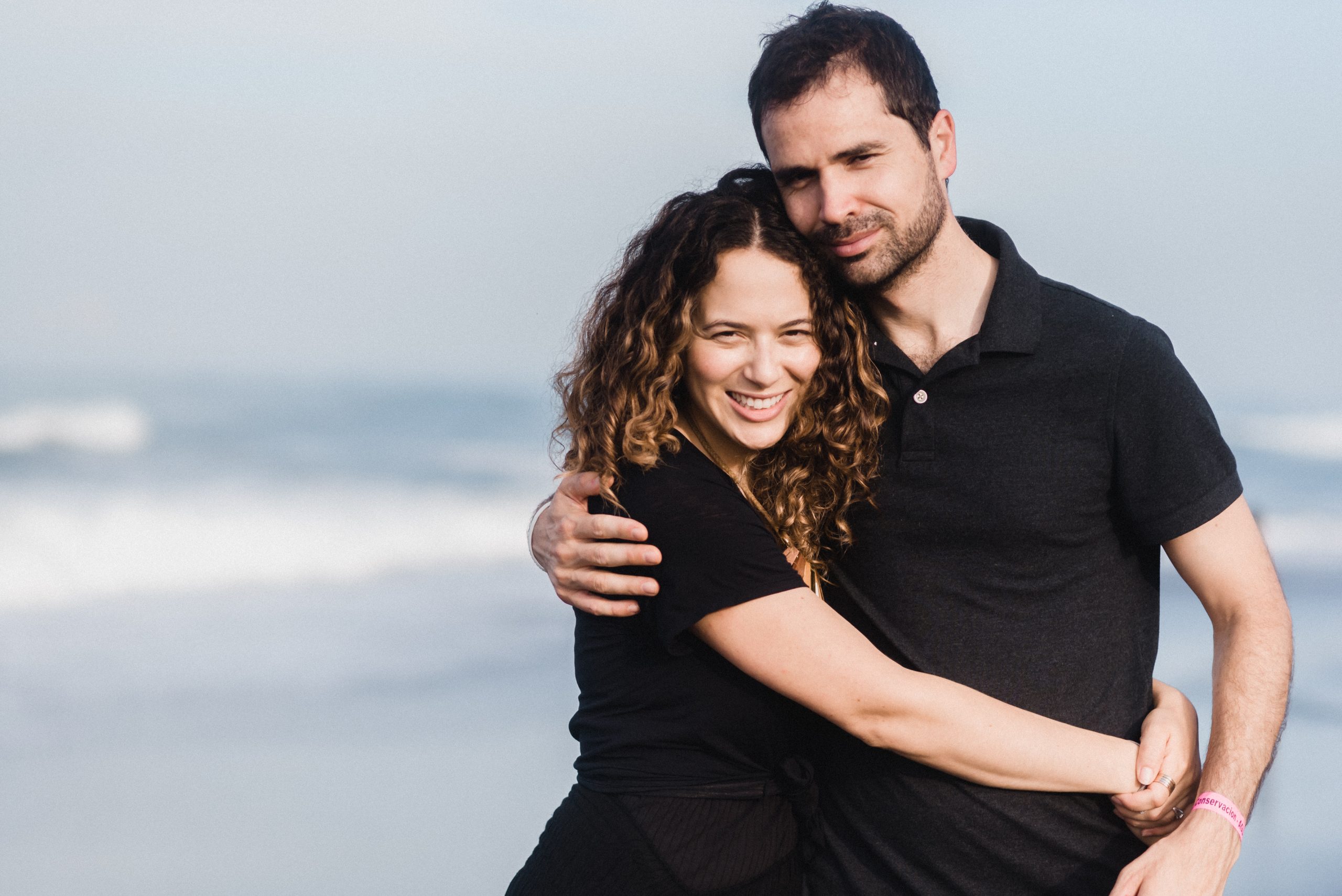
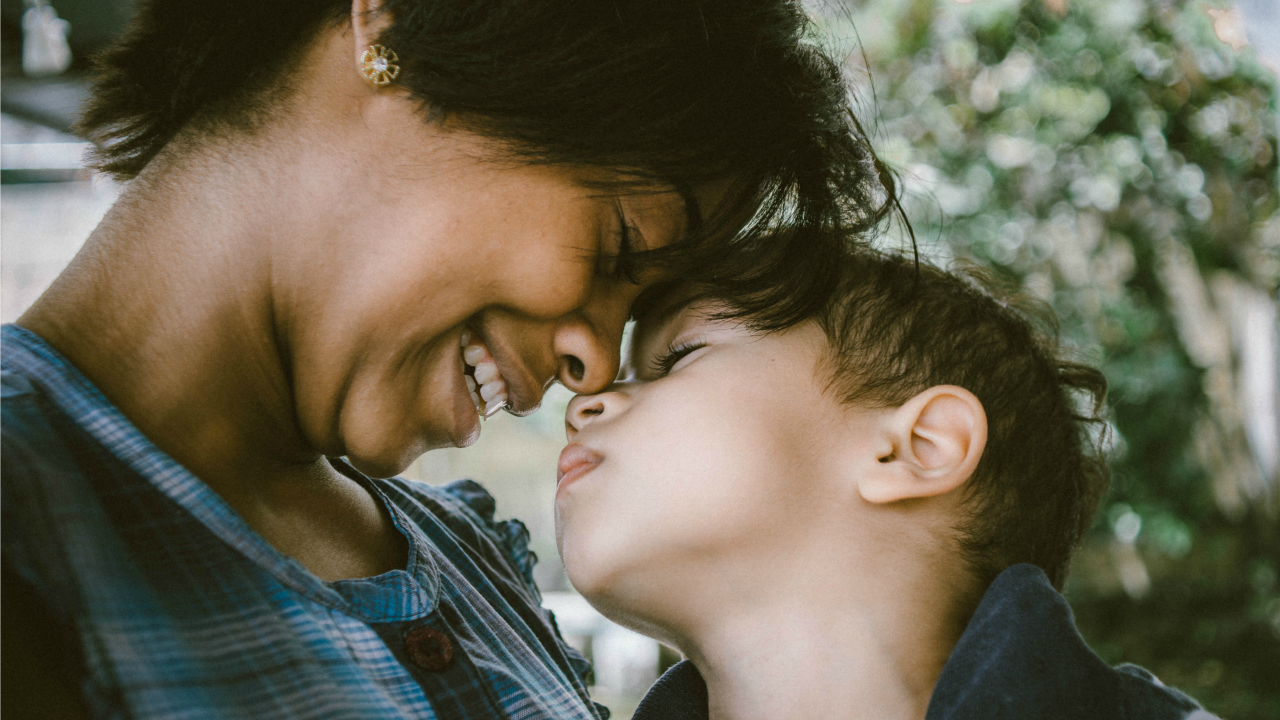
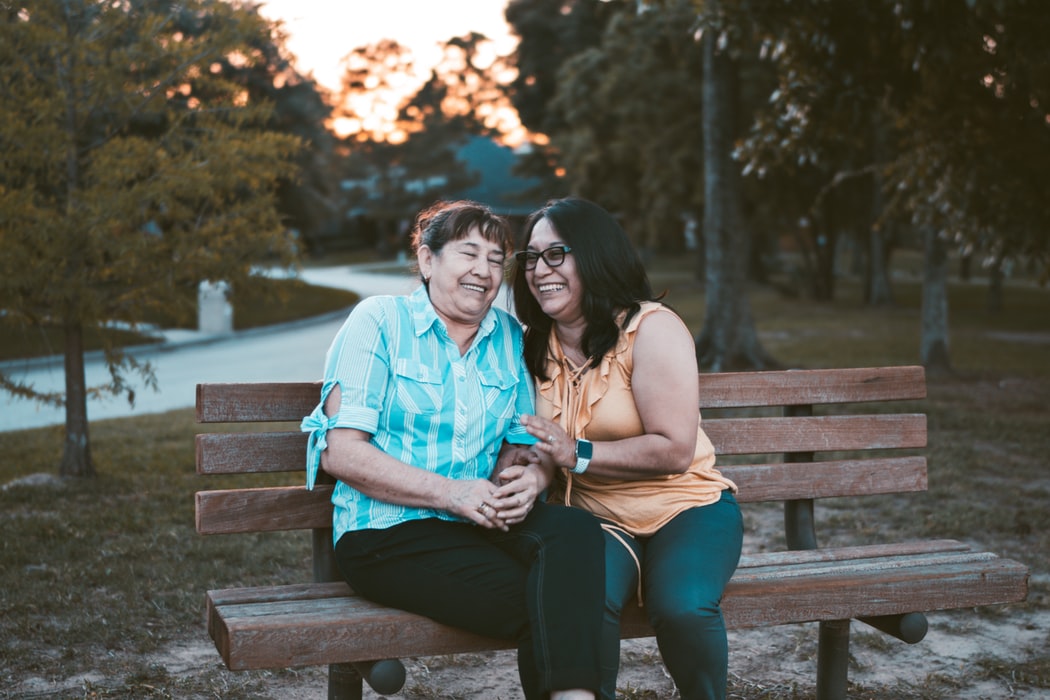
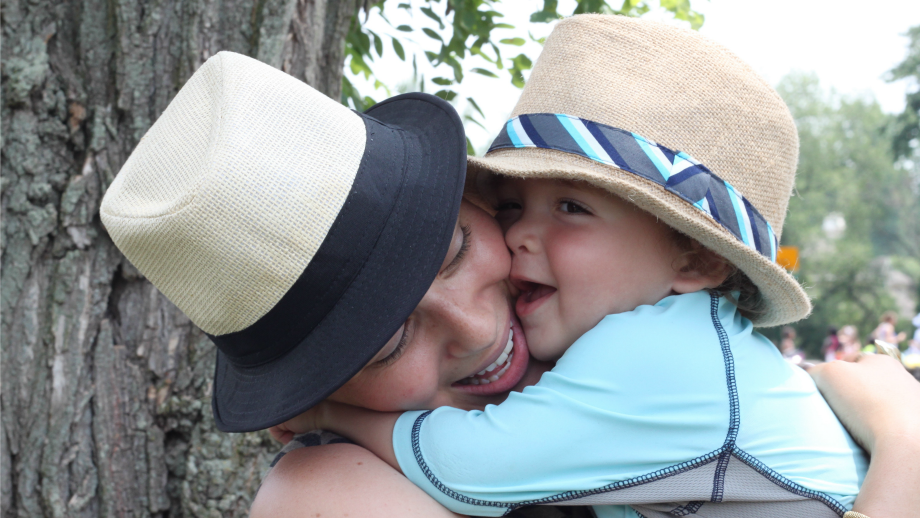

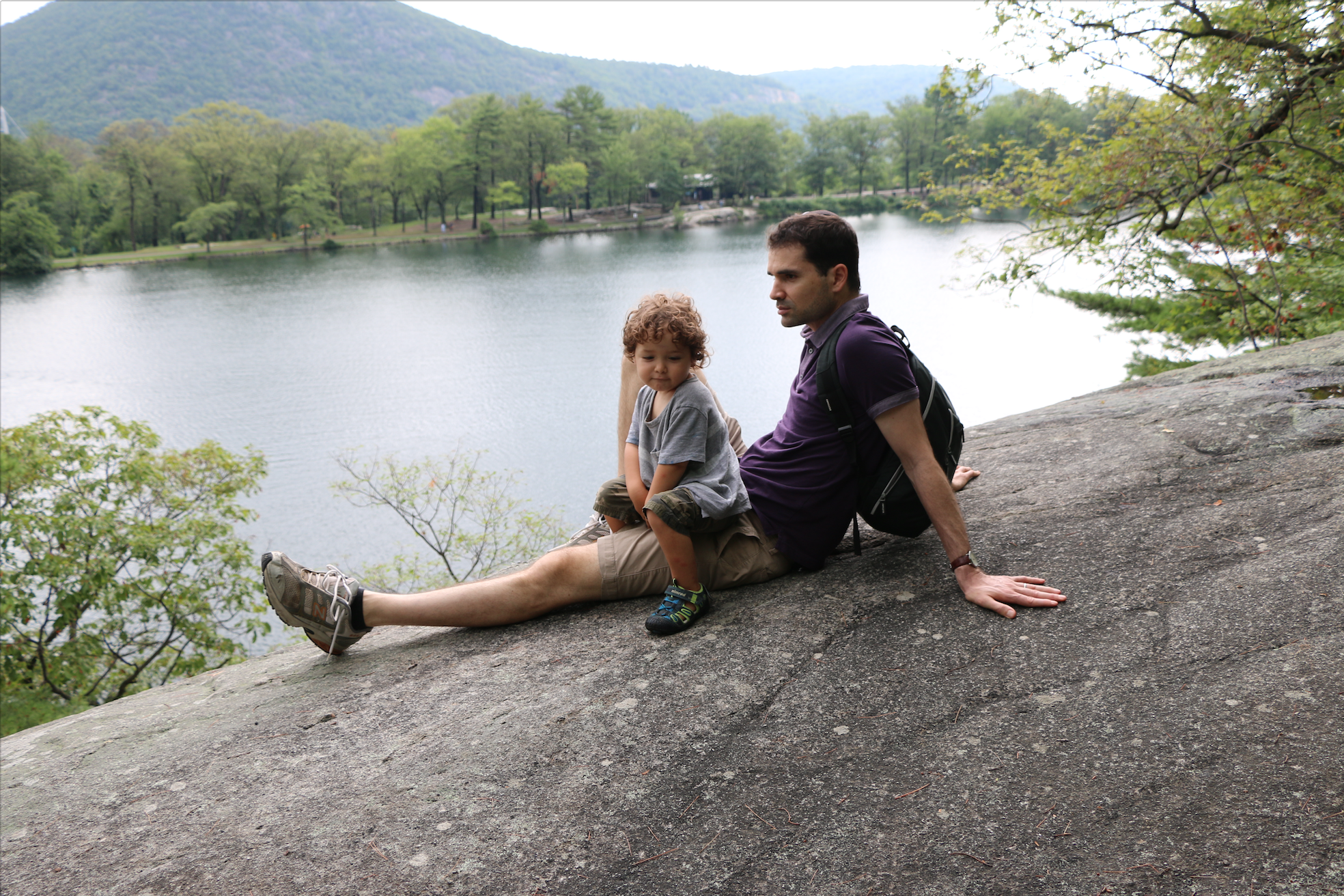
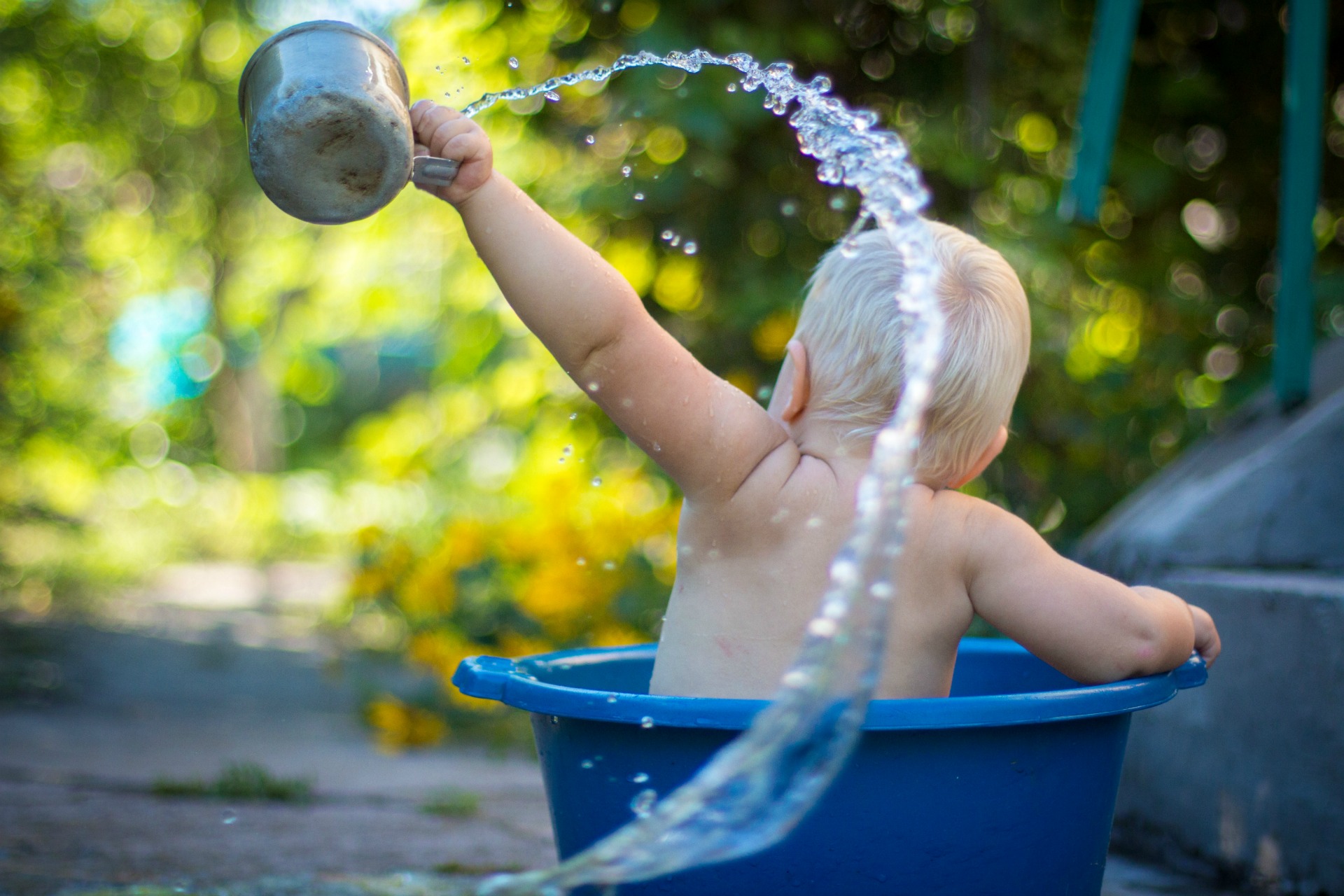

0 comments